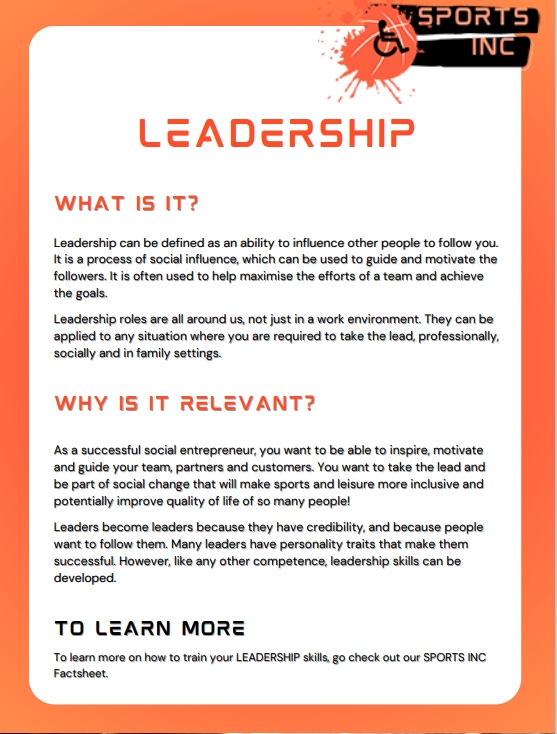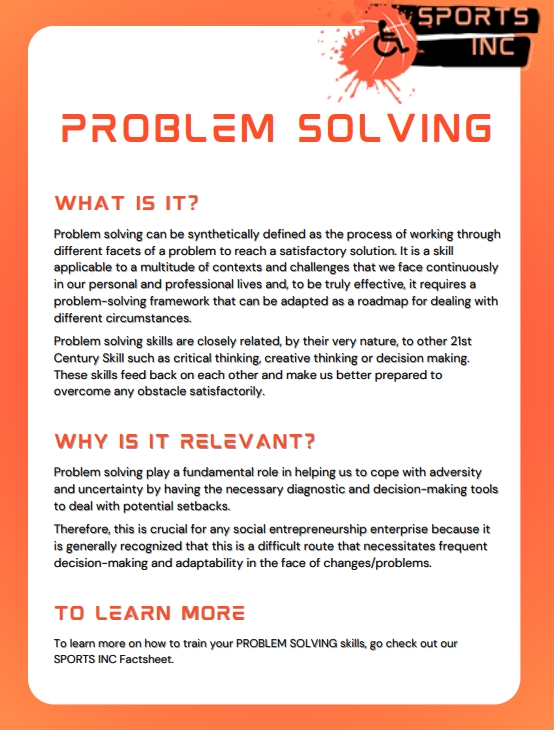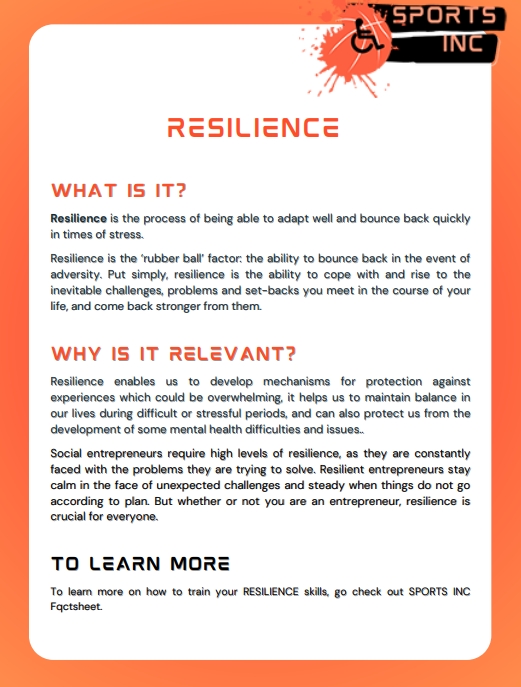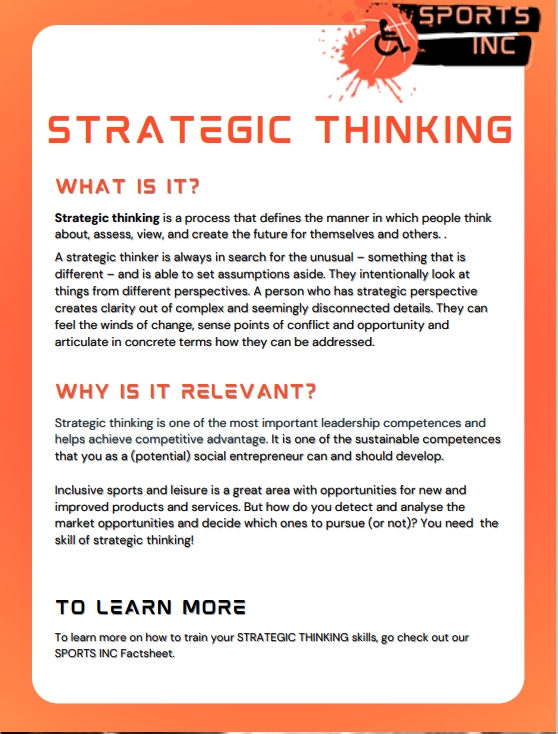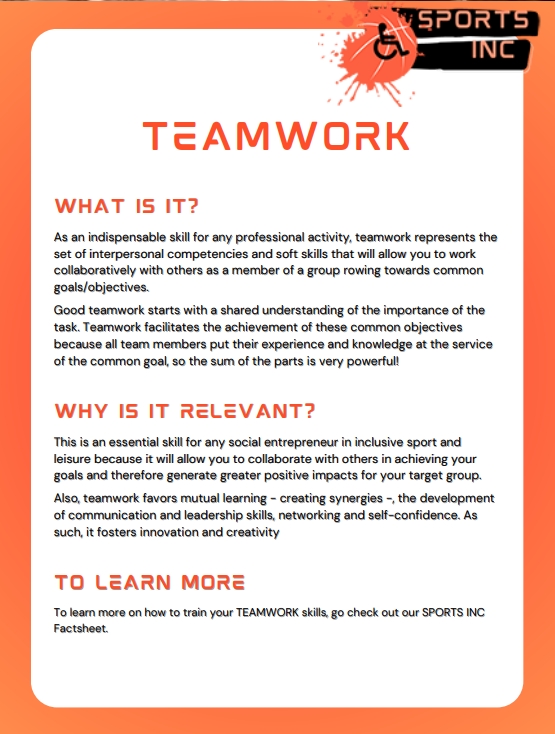FLEXIBILITY
The word “flexibility” technically means the ability to bend without breaking – either physically, or psychologically. Flexibility is also the willingness and ability to take on new responsibilities. It’s not simply a “can do” mindset; it’s also a “will do” attitude. If you are flexible, you adjust your priorities and actions to meet the needs of your organization, your customers or business partners, while keeping in mind your purpose and values.
Flexibility can also be defined as the speed at which an entrepreneur or a company adjusts to changing market conditions. It is an important ability for any company that wants to be successful, and sometimes, in face of extreme changes, is essential for the survival of the business.
BENEFITS OF FLEXIBILITY
“Stay committed to your decisions but flexible in your approach.” – Tony Robbins
For a number of reasons, flexibility is essential in our daily life. Here are some of the benefits:
- Ability to adapt to all kinds of change – environment, customer needs, technological changes, etc.
- Taking care of the unexpected challenges – calmly and effectively
- Modifying business idea, product or business model as needed
- Saving time and money – quickly changing strategies that don’t work anymore, or focusing on the activities that are most rewarding or profitable
- Happiness in life – flexibility may help you feel less stressed and open yourself to new experiences, which could be one of the secrets to a happy life and a fulfilling career.
FLEXIBILITY SKILL
In today’s settings, where uncertainty and change are common, flexibility skill has become an increasingly valued quality.
You can cope with unanticipated obstacles swiftly, calmly, and efficiently if you are flexible. Flexibility, on the other hand, isn’t only about adapting to events as they come. It also entails significant changes in the way we think, work, and act.
You can become more flexible by following these seven steps:
- Focus on your core values.
- Be open-minded.
- Develop your skillset.
- Be optimistic.
- Stay calm.
- Plan ahead.
- Have a strong support network.
HOW TO BOOST YOUR FLEXIBILITY SKILLS
Flexibility entails maintaining a strong sense of identity and purpose while maintaining an open mindset. Here are several methods to help improve your own flexibility, as well the flexibility of your team members/ employees:
Flexibility Technique | Purpose |
Help problem-solve | If your team member is refusing to do a task or complete a request, steer clear of assumptions. Dig deeper with the person to uncover the root cause of the behaviour. Demonstrate your flexibility by working to find a solution. |
Teach flexibility explicitly | For many persons, including those on the autism spectrum, the benefits of flexibility aren’t immediately clear. Explain the how and why of flexibility repeatedly. When you model flexibility explicitly during daily work routines, your team members will see how it applies to their life and work. |
Teach/Learn self-advocacy skills. | It’s okay to advocate for what you need. Reflect on your needs and values and stick to them when necessary. Plus, try some gentle prompting to help a team member uncover and vocalize their needs. |
Use a high ratio of praise to corrections. | Aim for 4 praises for every 1 correction. This is a key component of a flexible, supportive community culture: team members supported through positive words and actions perform better than those who experience a steady stream of consequences and corrections. |
Reassure those who love routines | Respect your colleagues’ routine instead of asking them to change it. |
Give them a heads-up before a change happens. | Most people experience high levels of stress during a change in the routine of their daily life environment–and stressed people will find it really tough to be flexible. You can help by letting them know what’s going to happen, and frame it as a great opportunity to “show how flexibility works” |
Know yourself. | Reflect on when you tend to become more rigid. Do certain behaviours act as triggers for you? Understand your own behaviour patterns to improve. |

